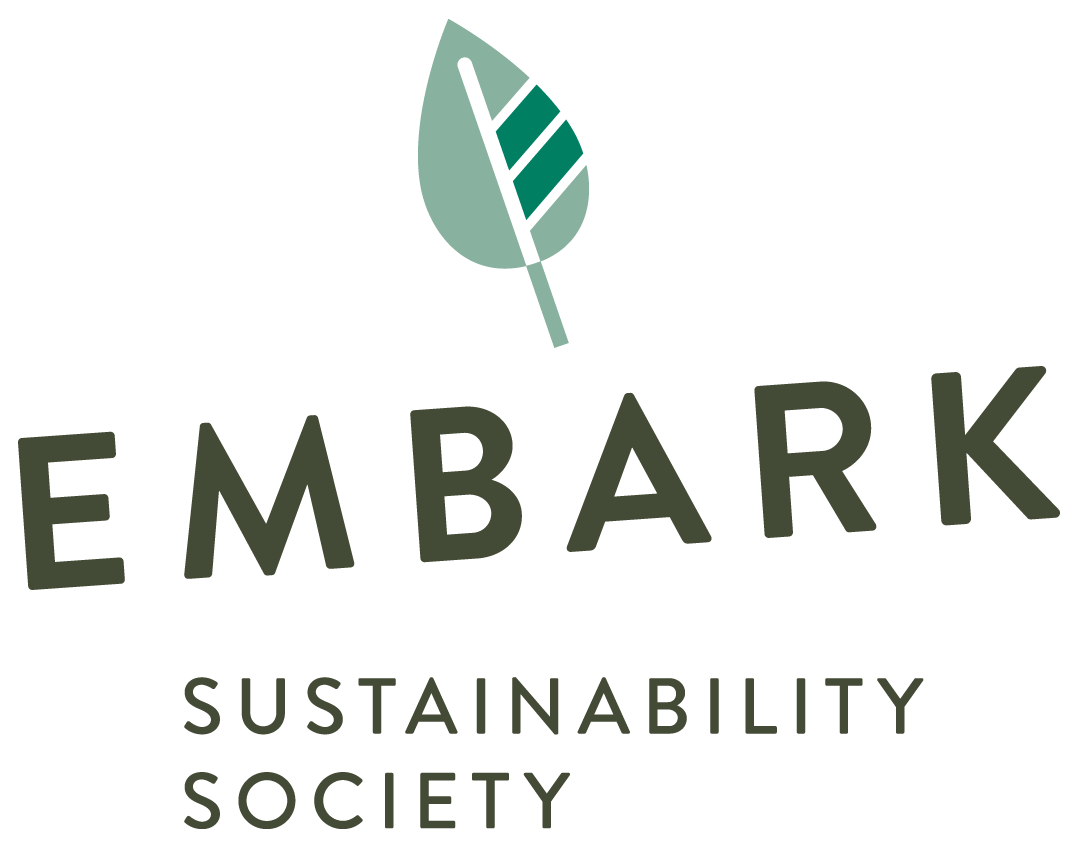Indigenous Perspectives on Sustainability: Gary George

Sourced from the SFU Office of Aboriginal People’s
Introducing Gary George, the Officer of Community Relations at the Office for Aboriginal People’s. Gary comes from Bulkley Valley which is in the Smithers Region of Northern British Columbia. Gary’s cultural identity belongs to the Wit’suwit’en First Nation. His educational background comprises of a BA from the University in Northern BC in Prince George, a Professional Development Program Certificate from Simon Fraser University and a Master’s in Education from SFU.
I had the pleasure of meeting Gary George and gaining insight into his views on sustainability as a First Nation’s member in British Columbia. Gary said his first experiences with sustainability started when he was working in Indigenous Fisheries where he became aware of the traditional salmon traps that were banned as a technique in 1906 by Colonial Governments. In today’s world, the salmon traps of the past would be ideal for sustainable practices.
When delving into this historical context of resource management and exploitation, Gary explained that Canada has always been a resource-based nation; starting with the fur trade which was established by the Hudson’s Bay Company. The beaver was sought for its soft pelt to be used for hats and even First Nations peoples participated in the fur trade era.
When I asked Gary about how our community can protect our resources nowadays, he said it comes down to respecting the environment and taking only what we need in a respectful manner. Canada is currently on the path to Truth and Reconciliation with Indigenous peoples after being marginalized for so long. I asked Gary about his stance on Truth and Reconciliation surrounding the sustainability of the land, Gary state’s that Indigenous relations are complex. However, in general, it seems that there is goodwill involved from governments, educational institutes and theIndigenous peoples’ of Canada. Gary goes on to say that the conversations and consultations taking place can be complicated but are positive steps for Truth and Reconciliation.
It is important to recognize that change in Indigenous relations has been in the works for decades. He goes on to further say that First Nations peoples need to be involved in a meaningful way for future generations.
After talking politics and past, we wanted to ask Gary about his connection to the land. His recalls messaging from Wit’suwit’en elders and the concept of “yin-ta” which is a word for “territories”. For example, one belief is that the ancestors of the past are on the land and often their favourite foods are burnt in the campfire as an offering.
We finished this interview with discussing how people and the future generation could get access to traditional ecological knowledge (TEK) and he pointed us to an article from his past studies that discusses this aspect of “future generations”. He said it was easier to look at the problem but in fact, we should really be looking for the solutions.
Embark would thank Gary for his time and letting us borrow his views and perspectives on sustainability and sharing them amongst the community at SFU. At Simon Fraser University, we live and work on the unceded territories of the Coast Salish peoples of the Musqueam, Squamish, Tsleil-Waututh, and Kwikwetlem Nations.
[divider height=”30″ style=”default” line=”default” themecolor=”1″]
For more information about sustainability and Indigenous perspectives, check out this fantastic article that Gary shared with us: http://www.iisd.org/pdf/seventh_gen.pdf
